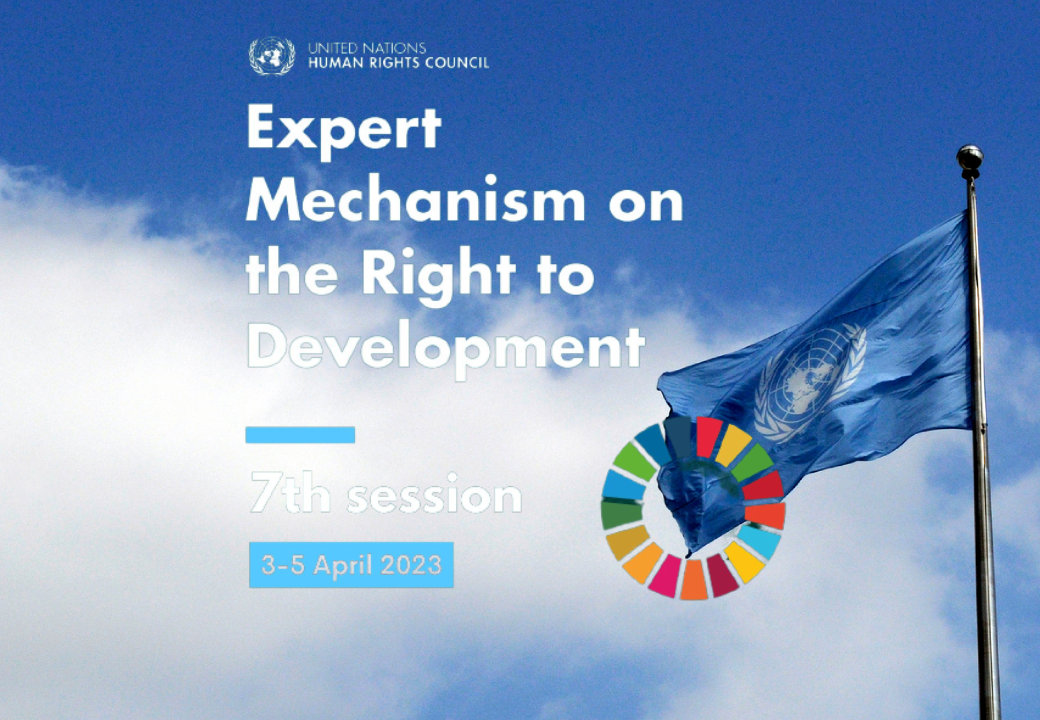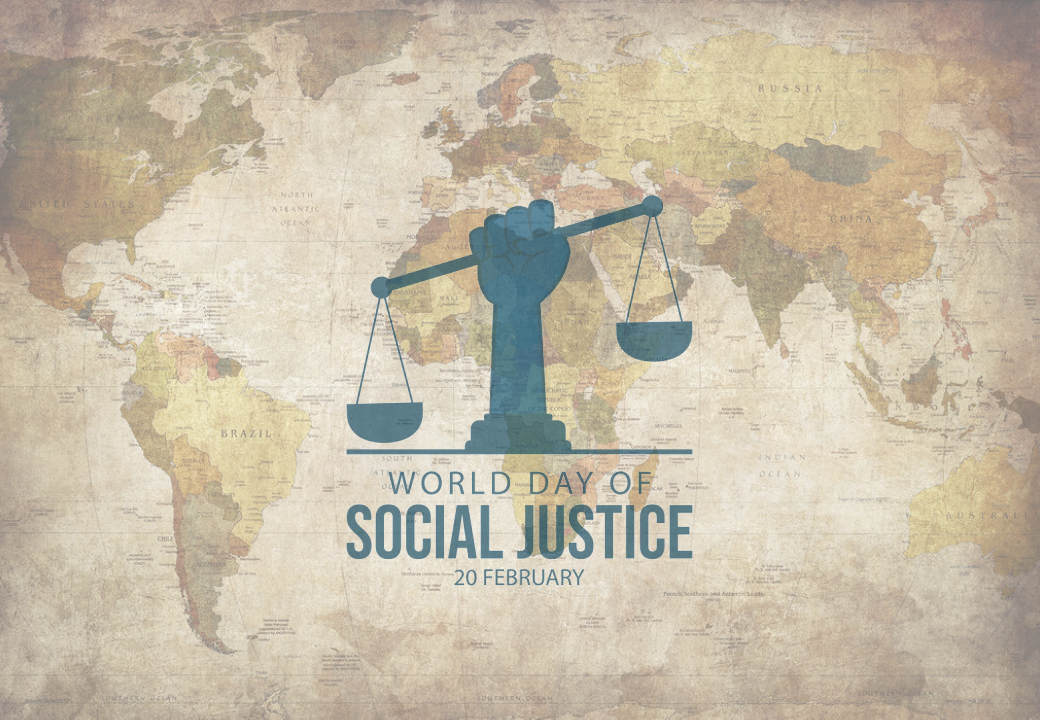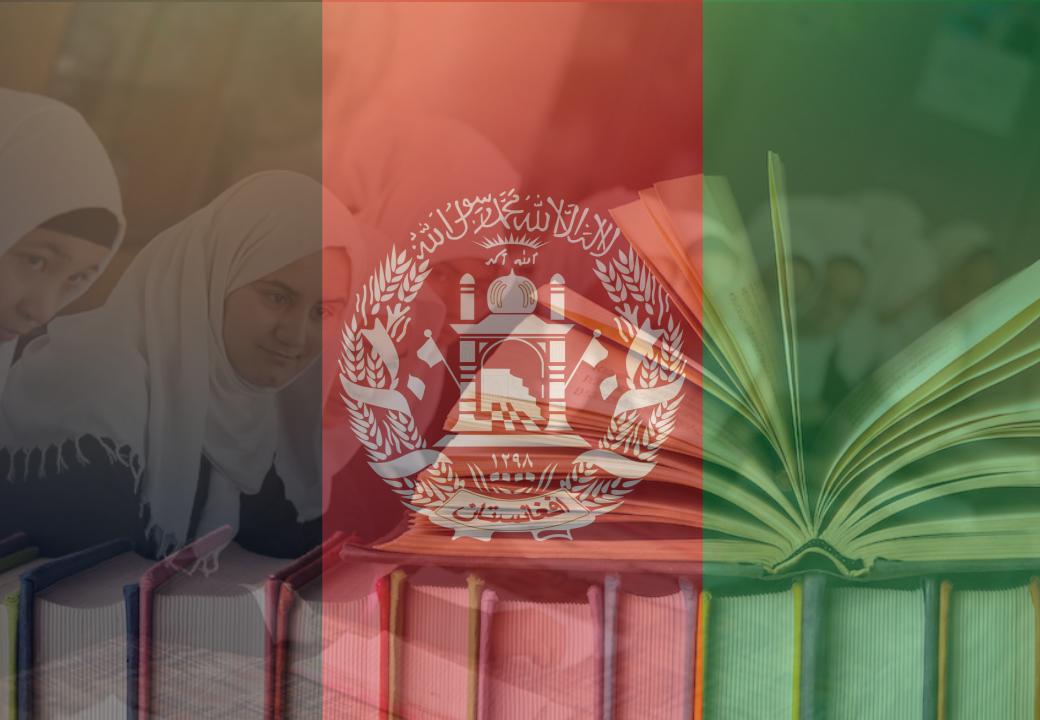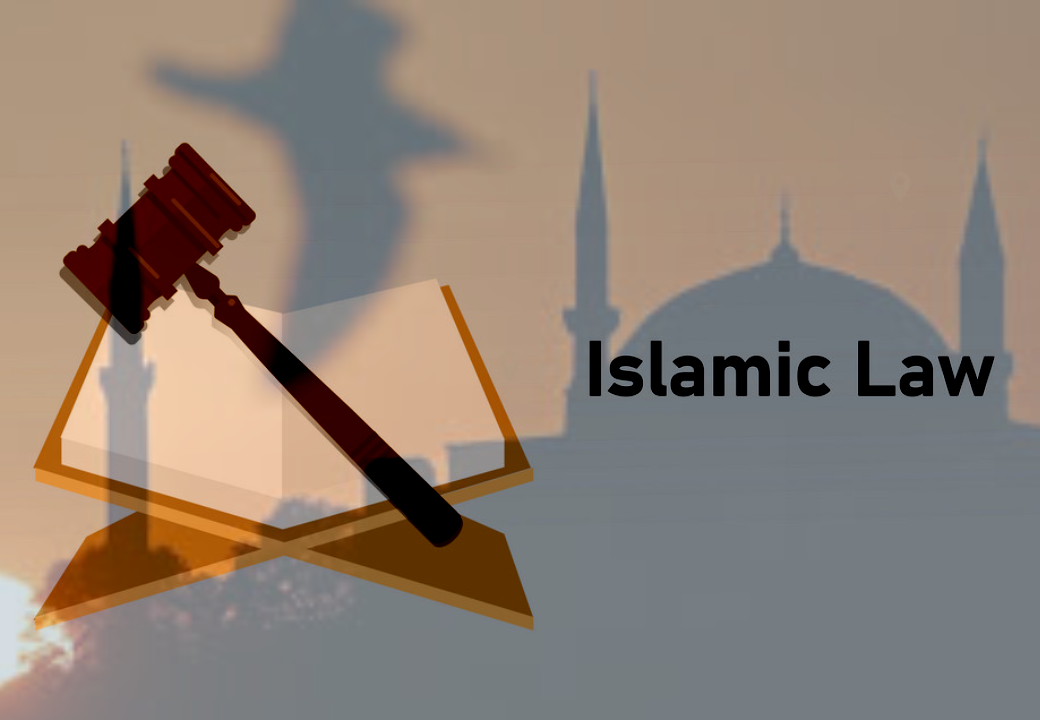Theologian Sayed Sadegh Shirazi meets with a Belgian journalist
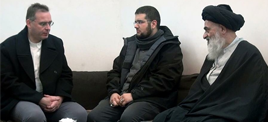
Theologian SayedSadegh Shirazi meets with a Belgian journalist:
Armed insurgency was discouraged, and prohibited in Islamic governance, which indeed marks as peak of Islam’s expansion.
On Tuesday, December 20th 2016, a Christian journalist from Belgium was warmly welcomed by the Grand Shia Theologian, Ayatollah Shirazi at his central office in city of Qum, Iran.Initially, the Grand Jurist allowed all the contents discussed in this meeting to be recorded and published in any format, only on the condition of receiving a copy of the final version before it being published.
Then, the Grand Jurist Ayatollah Shirazi said: “I would like to shed light on a few subjects:
v 1400 years ago, when the world suffered from dictatorship and tyranny, the Muslim world was led by a great personality, Imam Ali, the son of Abu Talib. This great man ruled over the largest country of his time, stretching from the Middle East to the shores of Europe and the heart of Africa. Under the governance of Imam Ali, there were no cases of political imprisonment or execution and all parties were free to perform their rallies against the government. The only red line set by Imam Ali, as the leader of the Islamic government, was the armed resurgence, which caused serious threat to the public security. However, Imam Ali never picked up arms against his opposition for their verbal abuse or accusations.
v In our free world today, symbolizing the European countries and the US, the public are also allowed to hold rallies and demonstrations but still they need to have a protest permit by the government. It means that the slogans, the venues, and the route information of the rallies should be checked with the government, otherwise the rallies would be disbanded. However, Imam Ali, peace be upon him, never obliged the public to obtain permits for protests and he didn’t stop any nonviolent protest rallies during his tenure.
Then, the Belgian journalist added: “It is important to know that many rallies and demonstrations are banned by the governments in western countries.”
The Grand Jurist also said: “Imam Ali, peace be upon him, always listened to the words of his opposition and talked to them. This historical fact is even recorded by many Christian historians and writers, such as Mr. George Jordac, who has raised this point in his famous book, “Imam Ali, the Voice of Human’s Justice.”
v In the tenure of Imam Ali as the Islamic leader, there were no young boys and girls, who couldn’t start a family due to poverty.
v In the reign of Imam Ali, people did not struggle with the issue of housing as nobody had to live in rental houses. Only the tourists, who traveled to different cities used to rent places for their impermanent residence.
v Imam Ali did not sell even an inch of land to the people, because he practiced the Islamic principle of free land in his government. People were free to use anyland that was not previously owned, and either farm, build a house, or start a business. Imam Ali only pointed some governmental officials to oversee the procedures and stop any probable transgression.
v The principle of free land relies on the saying of the holy Prophet of Islam, peace be upon him, who said: “The land belongs to God and one who cultivates it (makes it work.)” Based on this principle, Imam Ali let people own as much land as they need to do farming, build houses, or start businesses.
v In his entire leadership, Imam Ali, peace be upon him, never oppressed any individual. Therefore, there were no people to spend the night in fears of Ali, the son of Abu Talib. However, it was a customary thing for the unjust rulers to plant fear into the hearts of the populace.
v Then, the Grand Jurist Ayatollah Shirazi asked this question from his guest:
“Can one find any similar example to the government of Imam Ali in our developed and civilized world?”
The Belgium journalist responded: “Honestly no. In Europe, the governments mostly pursue socialist or secular policies. Practically, they put pressure on their opposition, although they don’t use imprisonment or other suppressive measures to quiet them down.”
He also added: “There are many Jews living in the city of Antwerp in Belgium. A group of these Jews are pro-Zionism while the other group is against it. Whenever the second group tries to fundraise to help the Palestinians, those pro-Zionist Jews put pressure on the government to stop them. Finally, the police stop all of their fundraising and charitable activities. This is only one of the red lines in western countries.”
This journalist also continued: “The bulk of wealth in western countries rests in the hands of only ten percent of the population, mostly the Zionist Jews, and if anyone stands up to them, they will be accused of anti-Semitism. Such people will face numerous problems for living, although they won’t be detained.”
Then, the Grand Ayatollah Shirazi stated: “I humbly ask you to dedicate your service to the entire humanity, especially the oppressed people. I ask you to invite all countries to surpass one another in practicing the policies and methods of Imam Ali, peace be upon him so that in the future, the only red line by governments would be the armed insurgence against the people.”
This Belgium journalist also added: “Unfortunately, I should say that there are many red lines in the western media and I don’t have enough freedoms to convey my thoughts and opinions. For instance, when I wanted to write an article about the war in Syria, I was told that there are red lines in the issue of Syria and I can’t express my opinions if they overstep these red lines. The people in the western countries have been for long brainwashed by the mainstream media, which introduce Iran and Syria as the axis of evil.
I have seen this policy in BBC and AFP. Whenever these news agencies cover the story of Syria, they try to introduce the Syrian army as the army of Bashar Al-Assad.”
In the end, the theologian Ayatollah Shirazi stated: “We all should try as hard as we can to save the humanity from the problems it struggles with. Thank you.”


